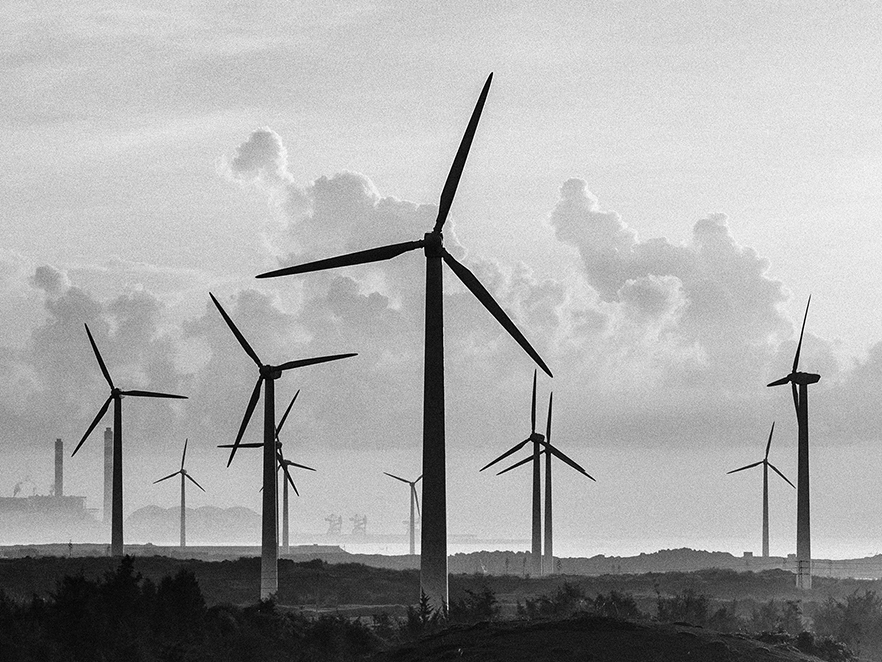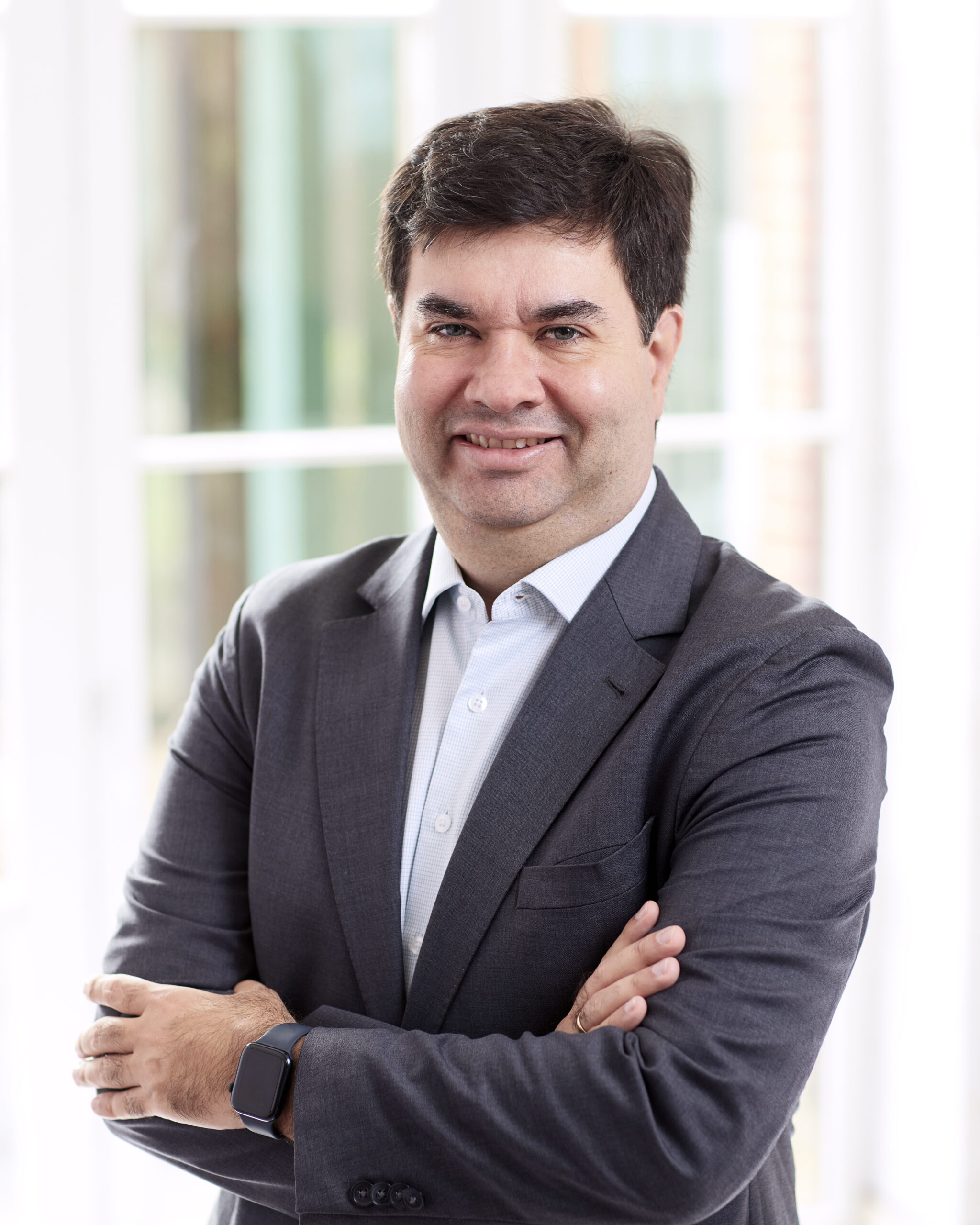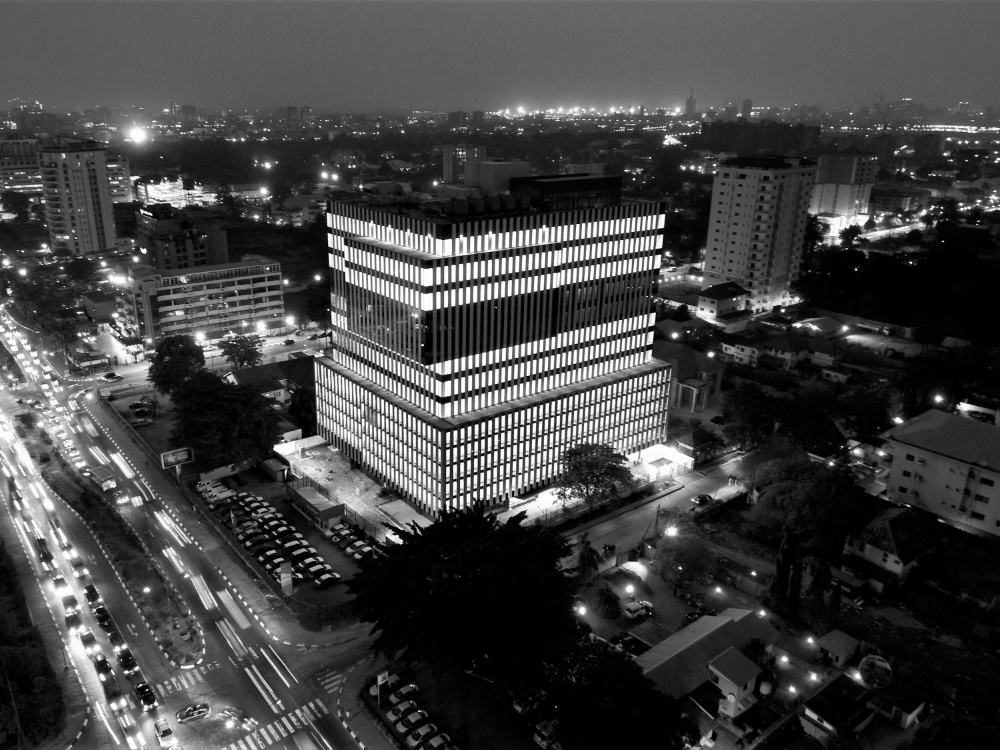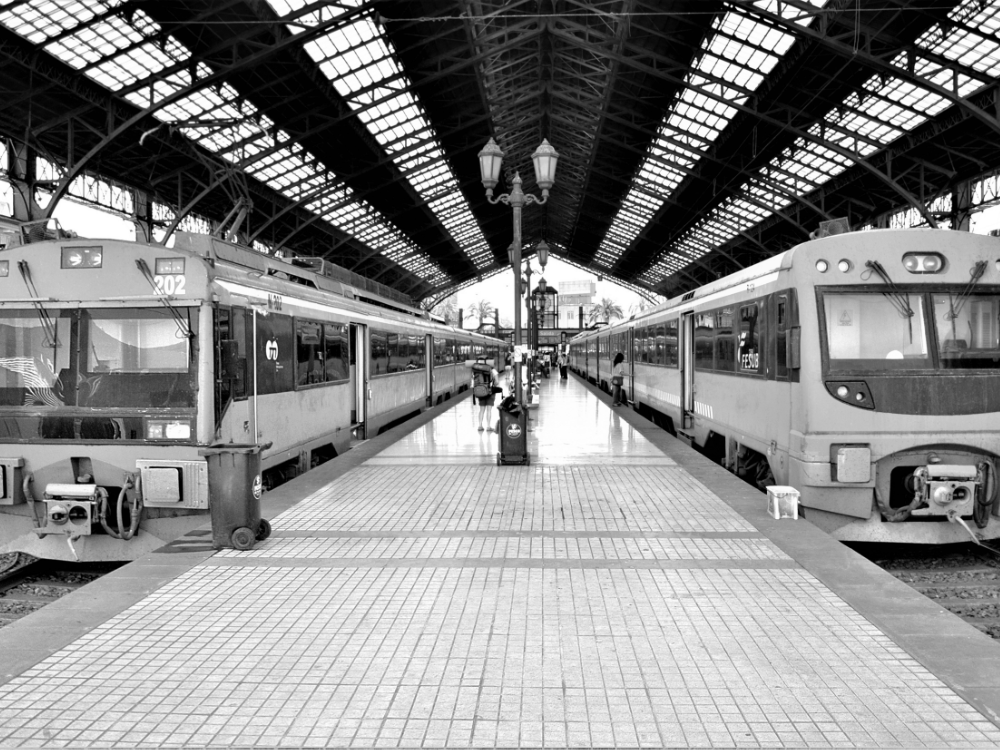Eólicas Babilônia (Babilônia) is a 137 MW wind farm in North East of Brazil, a region which boasts some of the best wind resources in the world. Through a local team and its advanced operations centre in São Paulo, it monitors the wind turbines and substations with real-time data, thus ensuring extraordinary availability and energy generation efficiency.
Davi Carvalho Mota: What is the current and future demand for clean energy in Brazil?
Ruy Lima: Brazil is well known for having a lot of green and renewable energy in its portfolio. Out of the 180 GW total electricity generation installed in Brazil, more than 80% is renewable. Most of it is coming from Hydroelectric facilities (110 GW) followed by Wind Energy (21 GW), Biomass (15 GW) and Solar which is currently a small portion of that (5 GW), but it has been developing quickly.
We expect that in the next three years there will be another 9-10 GW of new wind energy projects coming online in Brazil. That means we’re going to be close to 30 GW of installed capacity of wind derived energy. As a worldwide comparison, China had the largest quantity of new wind projects installed in 2020 followed by United States and in third place there was Brazil. Since we have strong and consistent wind regimes, we expect that wind generation in Brazil will continue to be successful in the coming years.
Davi: What impact did COVID-19 have on demand and your ability to operate the assets?
Ruy: The pandemic taught us that we needed to act fast, look after our team members as well as our surrounding communities. To maintain continuous operation, we needed to make sure that our teams didn’t get sick. Therefore, the first action was to keep all external visitors to a minimum and if necessary, they were tested before arriving to the site. In two years, we only had eight cases of COVID-19 and the team members had only minor symptoms allowing them to quickly return to work.
Energy generation is considered essential services, so lockdown didn’t really affect us. There was a small reduction in energy demand in 2020, but with the V-shaped economic recovery in Brazil, we are back at the generation levels we were before the pandemic.
Davi: What does it look like to be a sustainability leader? What benefit does it bring?
Ruy: We must consider the best ways to meet our needs nowadays, without compromising future generations. Sustainability doesn’t just mean generating energy in a greener way, it also means facilitating for the local communities to make improvements in their own lives for a better and sustainable future.
We engaged the community and incentivised them to participate in various training programs such as hairdressers, barbers, bakers and offered computer skills. We also provided agricultural support, selecting 33 families and providing them with training and resources to build hen houses for egg production. They were able to produce 60,000 eggs per month and are now able to sustain themselves independently.
Davi: What are the key drivers to operational excellence?
Ruy: We were considered, by our turbine operator/supplier (Siemens Gamesa), their best site in Latin America in terms of availability for two years in a row. It’s certainly not easy to maintain this position but we believe that it was feasible due to the pro-active engagement of all team members and service providers. Utilisation of dedicated real-time software to track trends utilizing artificial intelligence and creating algorithms is also vital, as it can be used to predict and therefore avoid stoppages. Our motto is Act Fast and Act Smart.
Davi: What have been the most valuable lessons you have learned to date?
Ruy: The world has changed a lot in the last two years. Adapt quickly to the new environment protecting and supporting our teams, our local communities, and our assets. Train, train and retrain the teams, be alert to symptoms and test whenever necessary. Support local communities as much as possible, which will maintain their support in the future. We were able to provide masks, hand sanitiser and food packages when they were needed most. Actis always asks what we are doing to ensure ESG is covered for the local communities. We certainly share their ESG goals.





